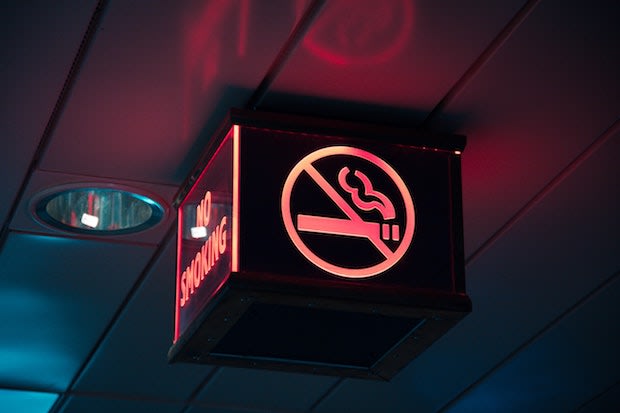Table of Contents
II. How Smoking Affects Your Skin
Skin health is often neglected because skin conditions are generally perceived to be harmless. There is also the misconception that taking care of your skin requires an intensive skincare routine that eats up too much time. The problem with skipping proper skincare is that you will likely suffer skin damage.
Untreated skin damage will increase your risk of developing painful and chronic skin conditions. These conditions may include acne, rosacea, and psoriasis. They are commonly treated with Retin A (Tretinoin), Oracea (Doxycycline Delayed Release), Tazorac (Tazarotene), or Aczone (Dapsone). In reality, taking care of your skin does not have to be a complicated process. Read on to learn five simple changes you can make to delay skin aging, prevent skin problems, and reduce flare-ups.
Can Sun Exposure Damage My Skin?
It can be easy to underestimate how damaging to your skin the sun can be. The first few hours on the beach can give you a nice tan and make you feel good. After all, the sun helps you release serotonin (a hormone in your brain associated with happiness). [1] But too much of a good thing can be a bad thing, and overexposure to the sun can cause wrinkles, age spots, skin conditions, and increase your risk of skin cancer. [2]
To protect yourself from the sun, start by using sunscreen with an SPF of at least 15 whenever you are out and about. If your outdoor activity will take more than a few hours, remember to reapply it every two hours or so. Some people think that swimming cancels out the need for sunscreen, but it is recommended that you apply sunscreen even if you are spending time in the water. If you don’t have easy access to sunscreen on a particular day, look to stay in the shade. The sun’s rays are the strongest between 10 a.m. and 4 p.m. If your outdoor activity doesn’t allow you to stay in the shade, wear protective clothing like long-sleeved shirts, long pants, and wide-brimmed hats. There are lots of sun-protective clothing on the market that is specifically designed to block ultraviolet rays. [2] Smoking deteriorates your skin by constricting the tiny blood vessels in its outermost layer. As a result, there will be less blood flow, which depletes the skin of oxygen and nutrients. A reduced blood flow in your skin will also damage collagen and elastin, which are fibers that give your skin elasticity and strength. Smoking also increases your risk of developing squamous cell skin cancer (cancer that starts in the top layer of your skin). [2] [3] Quitting, reducing the amount you smoke, and not starting at all can help protect your skin. [2] Avoiding damage to your skin is essential to prevent skin conditions, but cleaning your skin is how you can get bright, radiating skin. The five basic components of skin cleaning include cleansing, steaming, scrubbing, toning, and moisturizing. Cleansing and steaming are fairly straightforward. You can use a soft towel to pat your skin dry after washing it with face wash. You can use ice cubes to massage your face in a circular motion after steaming to re-tighten pores. The goal of scrubbing is to remove dead skin cells that make your skin appear dull. Toning involves balancing the pH level (acidity) of your skin. Finally, moisturizing before you sleep can prevent dryness and help your skin look revitalized the next day. [4] When cleansing your face, you may want to avoid scrubbing too hard or steaming for too long. Cleansing your face daily can take its toll. You can treat your skin gently in the following ways: Research has linked a diet rich in omega-3 fatty acids and low in refined carbohydrates to healthier and younger-looking skin. Drinking enough water can also protect your skin from dryness. Moisturizing from the outside helps, but moisturizing from the inside can be just as important. A healthy diet consisting of fruits, vegetables, whole grains, and lean proteins can keep your skin radiant and help your feel energetic. [2] The last tip to protect your skin is to reduce stress. Excessive stress has been known to cause acne breakouts and trigger other skin conditions. This has to do with the hormonal changes your body experiences in stressful situations. If you find it difficult to manage stress, these steps may help: Your skin will thank you for limiting sun exposure, not smoking, gently cleaning it, eating a healthy diet, and managing stress levels. If you get into a routine of following these guidelines, you should see consistent results. These steps may sound simple, but implementing them may reap better results than you expect. If you have any questions about how to better protect your skin, ask your doctor or dermatologist. The content provided in this article is based on thorough research and in some cases, reviewed by a medical professional. Our goal for the information is to provide helpful, general health informational. It is not intended as a substitute for professional medical advice.
How Smoking Affects Your Skin

Steps to Clean Your Skin
A Diet for Radiant Skin

Reduce Stress for Beautiful Skin
